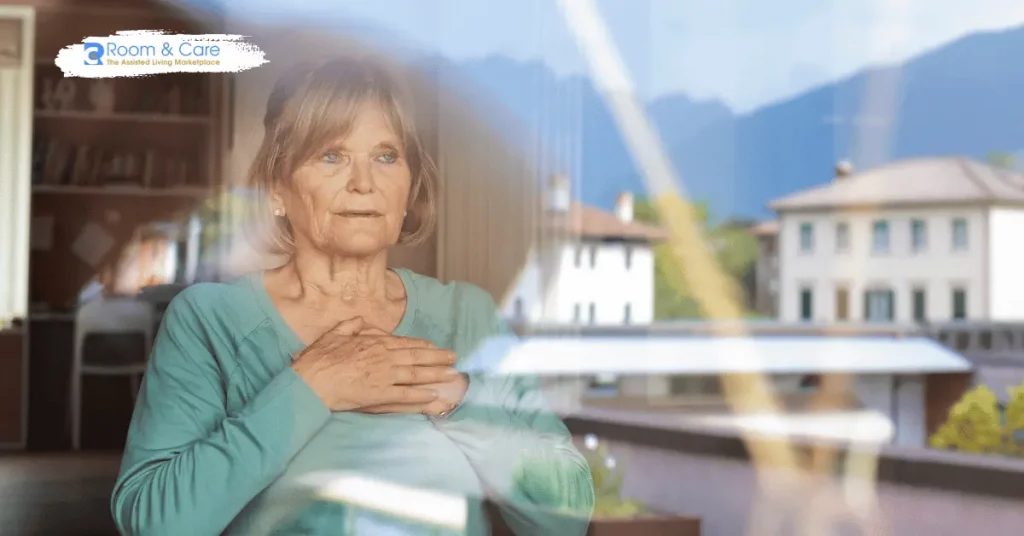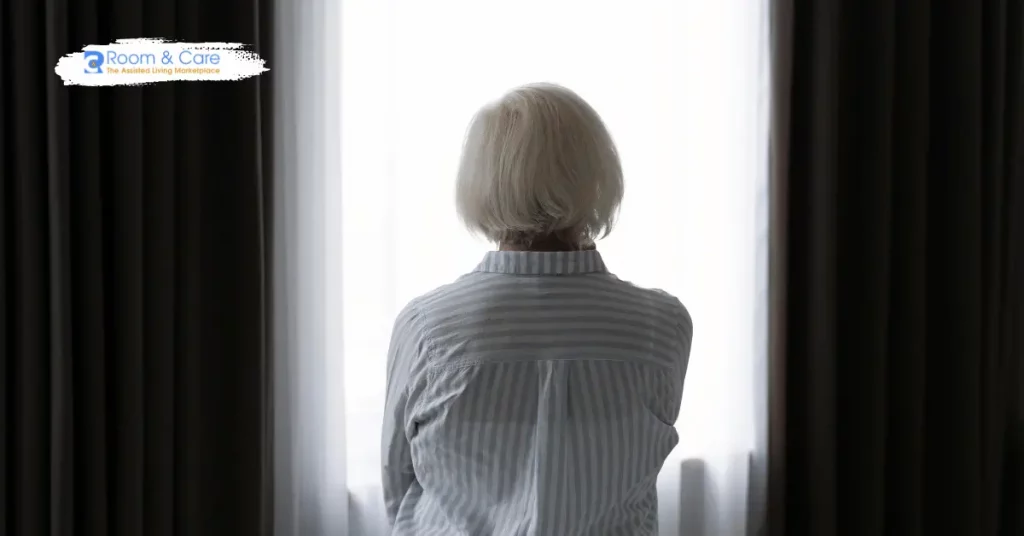

Living alone elderly individuals face a unique set of challenges and opportunities. This blog post aims to provide a comprehensive guide to understanding these aspects, offering practical advice, and addressing common concerns. Whether you’re an elderly person considering living alone, or a family member seeking information for a loved one, this guide will offer valuable insights to help you make informed decisions.
As the elderly population continues to grow, the topic of living alone elderly becomes increasingly significant. Many seniors choose to live independently, valuing their autonomy and the comfort of their own homes. However, this lifestyle choice comes with its own set of considerations and potential challenges. Understanding these factors is crucial to ensuring that elderly individuals can live safely, healthily, and happily on their own.
Living alone can offer many benefits, such as independence, privacy, and the ability to maintain one’s own lifestyle and routines. However, it’s essential to recognize the potential risks and take proactive steps to mitigate them. In this blog post, we will explore the key aspects of living alone as an elderly person, including safety, health, social connections, and financial considerations.
One of the primary concerns for elderly individuals living alone is safety. Falls, medical emergencies, and home security are critical areas to address.
Falls are a leading cause of injury among the elderly. To minimize the risk:
Having a plan in place for medical emergencies is vital:
Ensuring the home is secure can prevent break-ins and provide peace of mind:

Maintaining good health is crucial for elderly individuals living alone. This includes physical health, mental health, and regular medical care.
Loneliness and isolation are significant concerns for elderly individuals living alone. Building and maintaining social connections is essential for emotional well-being.
Managing finances is another important aspect of living alone. It’s essential to ensure that elderly individuals have the resources they need to live comfortably.
While some elderly individuals prefer to live in their own homes, others might consider alternative housing options that provide additional support.
These communities offer a balance of independence and support, with amenities and services tailored to seniors. They provide opportunities for social interaction and activities while allowing residents to maintain their autonomy.
Assisted living facilities provide more comprehensive care, including help with daily activities, meals, and medical assistance. These facilities are ideal for seniors who need some level of support but still want to maintain a degree of independence.
Smaller, family-like settings offering personalized care and a homely environment. These homes can provide a high level of care and attention, making them a great option for those who prefer a more intimate setting.

Yes, it can be safe with proper precautions such as home modifications, medical alert systems, and regular check-ins. Taking these steps can significantly reduce risks and provide peace of mind.
They can stay connected through regular visits with family and friends, participating in community activities, and using technology like video calls. Maintaining social connections is crucial for emotional and mental well-being.
Government programs like Social Security, Medicare, and Medicaid, as well as nonprofit organizations, can provide financial assistance. These resources can help cover essential expenses and ensure access to necessary services.
Technology can enhance safety and convenience through smart home devices, medical alert systems, and health monitoring tools. These technologies can simplify daily tasks, improve security, and provide valuable health data.
Living alone as an elderly individual comes with its own set of challenges and opportunities. By addressing safety, health, social connections, and financial considerations, seniors can enjoy a fulfilling and independent lifestyle. If you or a loved one is considering living alone, take the time to assess all aspects and make informed decisions.
For those looking for additional support or alternative living options, Room and Care is here to help. Our platform offers the best assisted living facilities, adult family homes, memory care facilities, nursing homes, and independent living communities without any referral fee or middlemen. Visit Room and Care to find the perfect living arrangement for your needs.